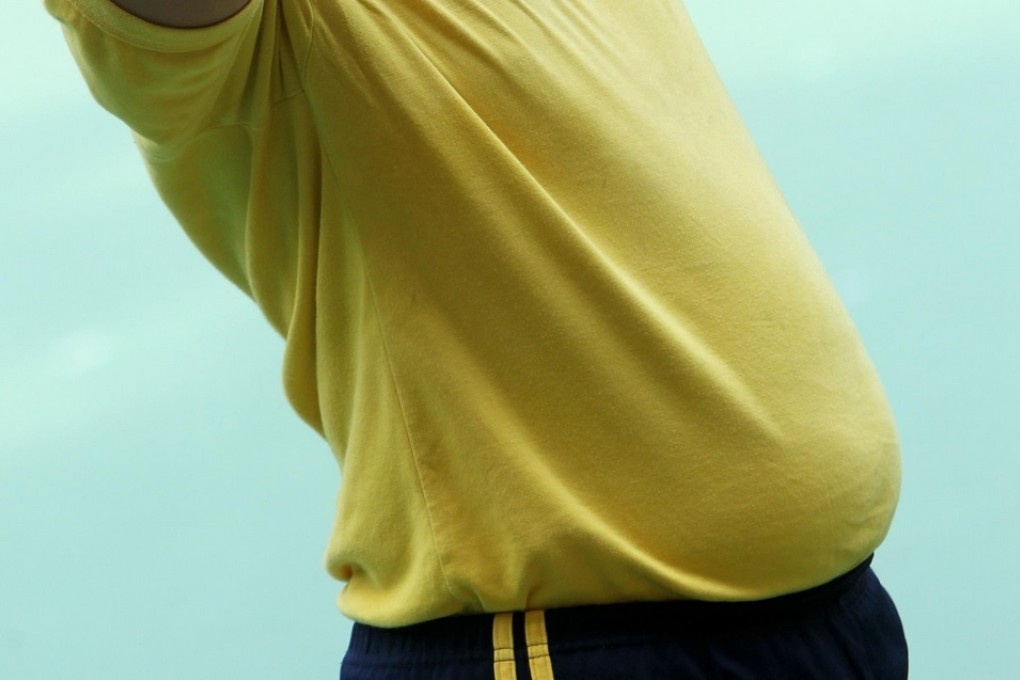Health bites
First, the good news: childhood obesity in the US has plateaued, recent research shows.

Social class and adolescent obesity
First, the good news: childhood obesity in the US has plateaued, recent research shows. Now, the bad news: a new study reveals a significant and growing class gap between the well-off and disadvantaged. In a study published today (Tues jan 14) in the Proceedings of the National Academy of Sciences, Harvard University researchers found that between 1999 and 2010, obesity began to decline among higher socioeconomic status youth but continued to increase among those of lower status. The better-off also had higher levels of physical activity and a greater decrease in caloric intake compared to disadvantaged youth. The researchers used data from two long-term US national health surveys, the National Health and Nutrition Examination Survey and the National Survey of Children’s Health.
Children are likely to have stronger muscles if their mothers had a higher level of vitamin D in their body during pregnancy, a University of Southampton study has found. This greater muscle strength is likely to track into adulthood, says lead researcher Dr Nicholas Harvey, and potentially help to reduce the burden of illness associated with loss of muscle mass in old age. Among nearly 700 mothers in the later stages of pregnancy, high vitamin D levels were related to higher grip strength in the child.

